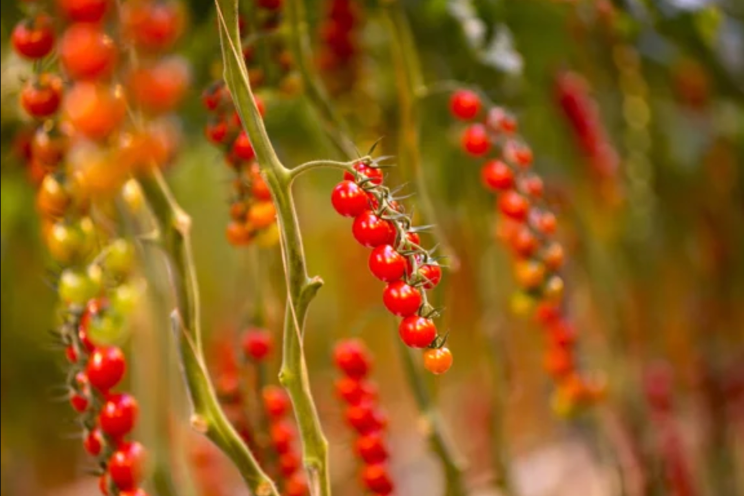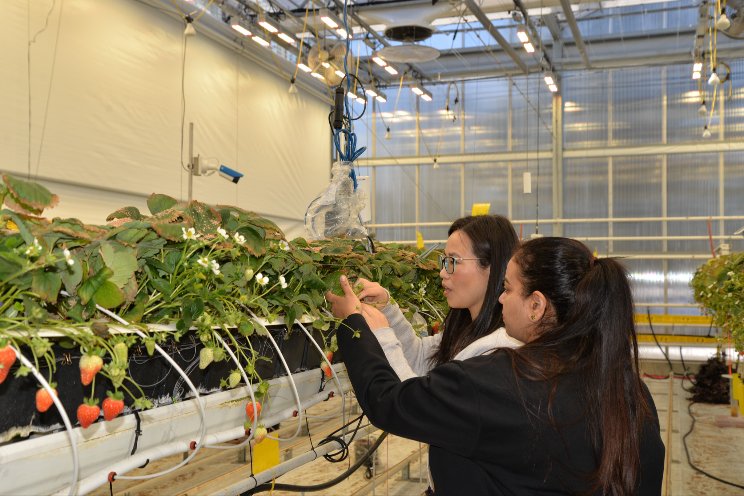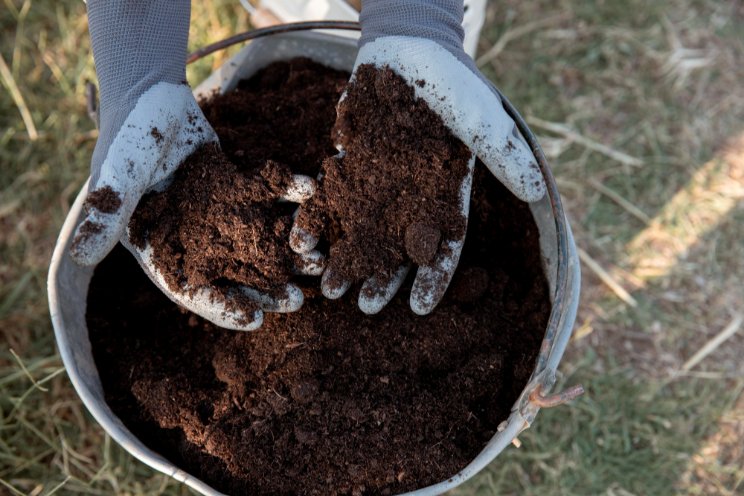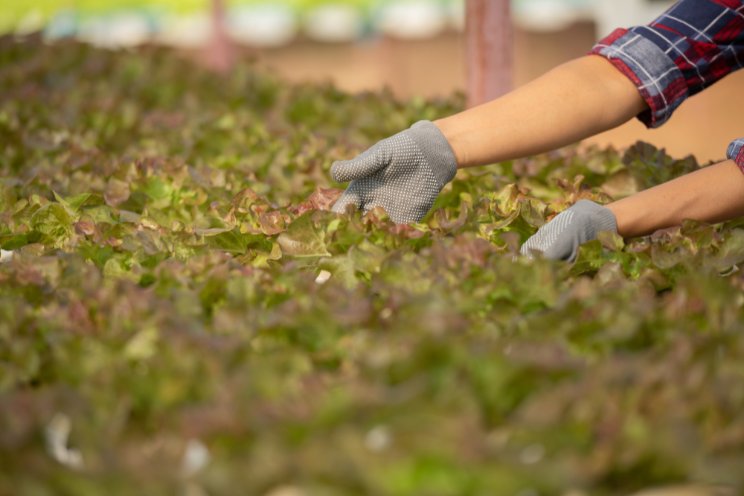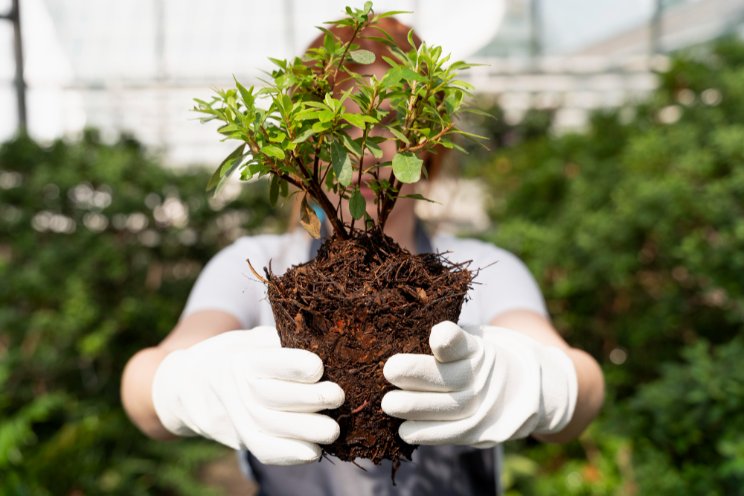Harsh effects of potential peat ban
Added on 05 September 2023

HTA members’ insights already show that a fast-tracked peat ban could lead to a shortage of 100 million plants and trees immediately following the ban’s enforcement. This scarcity will have knock-on effects on green spaces, gardens, and streets across the UK, impacting the country’s natural landscapes. Furthermore, one in three suppliers to amenity customers, including public green spaces, expect disruptions or withdrawals from supply agreements and contracts. Garden centers also anticipate gaps in product availability by 2027.
Now, an economic study commissioned by the HTA from independent economists at Oxford Economics indicates that expediting the ban to 2026 would lead to a staggering reduction in Gross Value Added (GVA) and a sharp decline in tax revenues. Moreover, it could potentially result in the loss of 12,000 jobs.
The news comes as the horticulture industry approaches the one-year mark since the Government published the response to the consultation on peat sales for horticultural use.
Image by Freepik
More news
